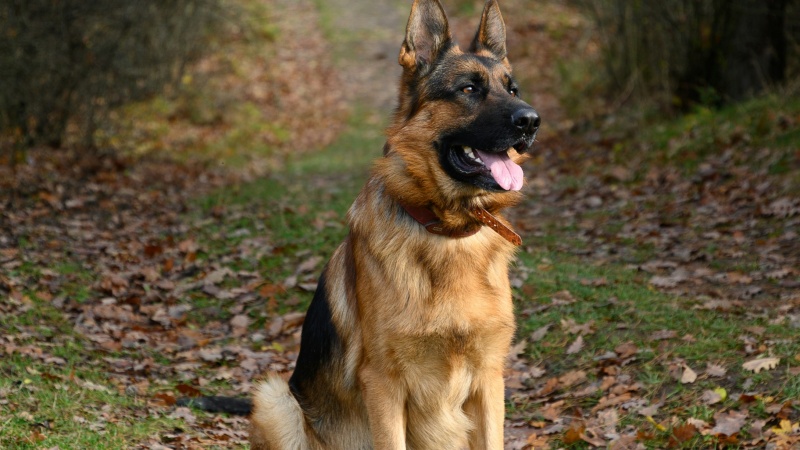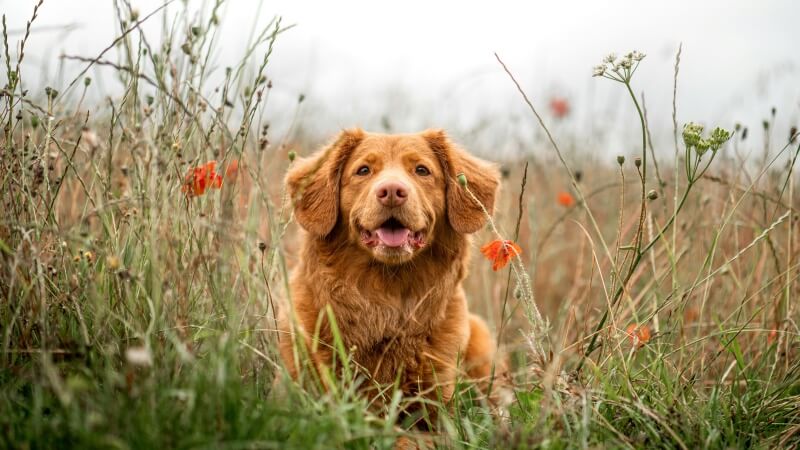
How To Craft A Cozy Cat Vest From Fabric Strips
Have you ever seen your feline friend lounging around and thought, “What could possibly make this picture more adorable?” The answer is simple: a cat

Hello, fellow dog lovers! Today, let’s dive into the world of our beloved German Shepherds and their harness needs. I’m coming at you not just as a five-year dog-owning veteran but as a fellow enthusiast who’s been through the trials and errors of finding that perfect harness. Think of this as a chat over coffee with your dog-loving buddy.
German Shepherds are a bundle of energy, strength, and intelligence. They are not just any dog; they’re a powerhouse of activity that requires the right gear. I remember the first time I took Max, my loyal Shepherd, out for a walk with a regular german shepherd harness. It was like trying to hold onto a freight train!
The right harness can make all the difference in handling and training. It’s not just about control; it’s about comfort and safety for your furry friend. I learned this the hard way when a poorly fitted harness caused Max some skin irritation. Never again!
A good starting point, but it might not offer the control you need for a strong breed like the German Shepherd.
These are great for teaching your Shepherd not to pull. I switched to a training harness after my shoulder had had enough of Max’s enthusiastic lunges.
If your German Shepherd pulls a lot, this could be a game-changer. The no-pull harness saved my walks with Bella, my second Shepherd. She was a puller, but this harness taught her to walk calmly by my side.
German Shepherds come in different sizes, and so should their harnesses. Remember, a harness that’s too tight or too loose can cause problems. I always say, “Measure twice, buy once.”
Look for sturdy materials that can withstand the strength of a German Shepherd. Max once chewed through a flimsy harness in less than an hour!
The harness should offer good control without restricting movement. Bella once had a harness that was too restrictive, and she just looked miserable.
Reflective strips for night walks, handles for extra control… these little things can make a big difference.
Every dog is unique, and so is every harness experience. With Max, it was all about finding a durable harness that he couldn’t chew through. With Bella, comfort and control were key.
Pay attention to how your dog behaves in the harness. If they’re uncomfortable or restricted, it’s not the right fit. Max once had a harness that made him walk funny, and I knew right away it was a no-go.
Introduce the harness gradually. Let your dog wear it around the house before taking it out for a walk. Bella took a while to get used to her no-pull harness, but treats and patience did the trick!
A harness that doesn’t fit can cause more harm than good. I always recommend getting a professional fitting at your local pet store.
Make sure you know how to properly put on and adjust the harness. A harness that’s not correctly adjusted can slip off or cause discomfort. I learned this the hard way when Max’s harness came loose in the middle of a busy park!
Finding the right harness for your German Shepherd might take some time, but it’s worth the effort. Think of it as an investment in your dog’s comfort and safety, and your peace of mind. Happy walking, everyone!


Have you ever seen your feline friend lounging around and thought, “What could possibly make this picture more adorable?” The answer is simple: a cat

The moment you consider a dog hunting vest for your adventurous companion, you’re stepping into a world where safety meets functionality. This vest is not

The concept of a dog cooling vest is a game-changer for pet owners looking to enhance their dog’s comfort during those relentless summer days. Imagine

When you first consider crafting a tactical dog vest, it’s not just about embarking on a fun DIY project; it’s about ensuring your furry companion’s

Have you ever seen your feline friend lounging around and thought, “What could possibly make this picture more adorable?” The answer is simple: a cat

The moment you consider a dog hunting vest for your adventurous companion, you’re stepping into a world where safety meets functionality. This vest is not

The concept of a dog cooling vest is a game-changer for pet owners looking to enhance their dog’s comfort during those relentless summer days. Imagine

When you first consider crafting a tactical dog vest, it’s not just about embarking on a fun DIY project; it’s about ensuring your furry companion’s
Secure and Empower, Walk Responsibly
Copyright © 2025pettacticalharness. All Rights Reserved.